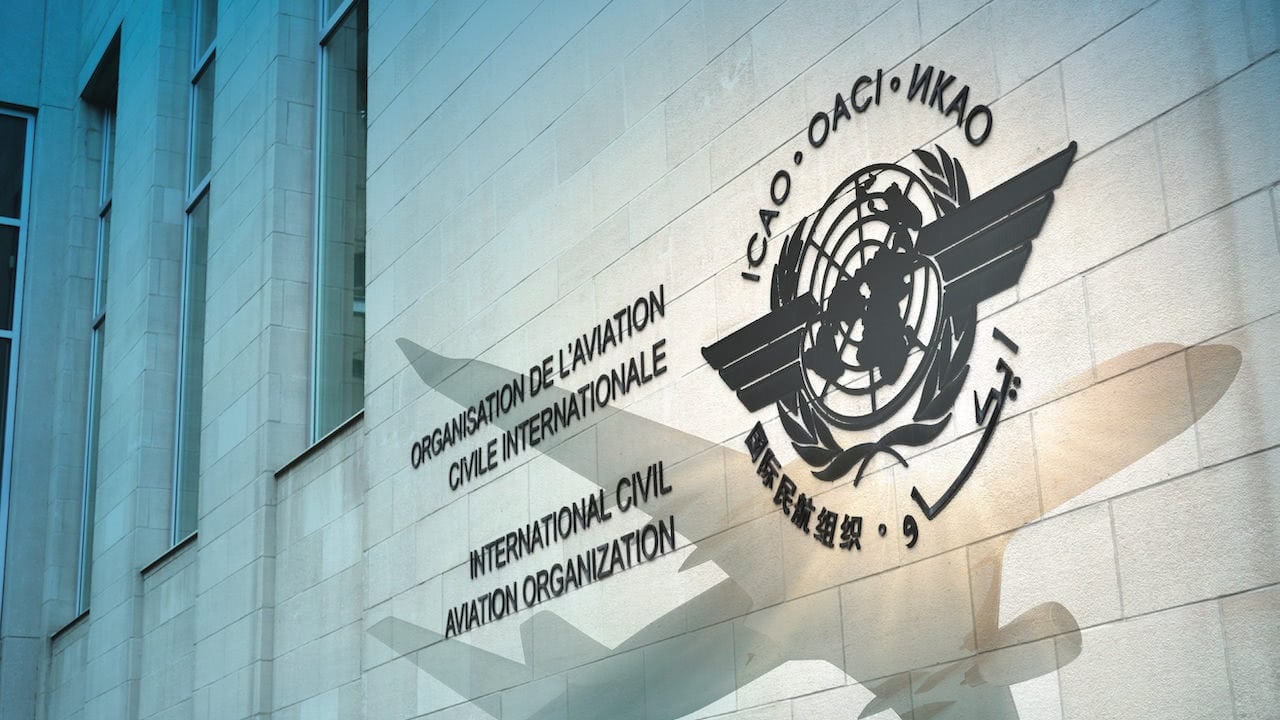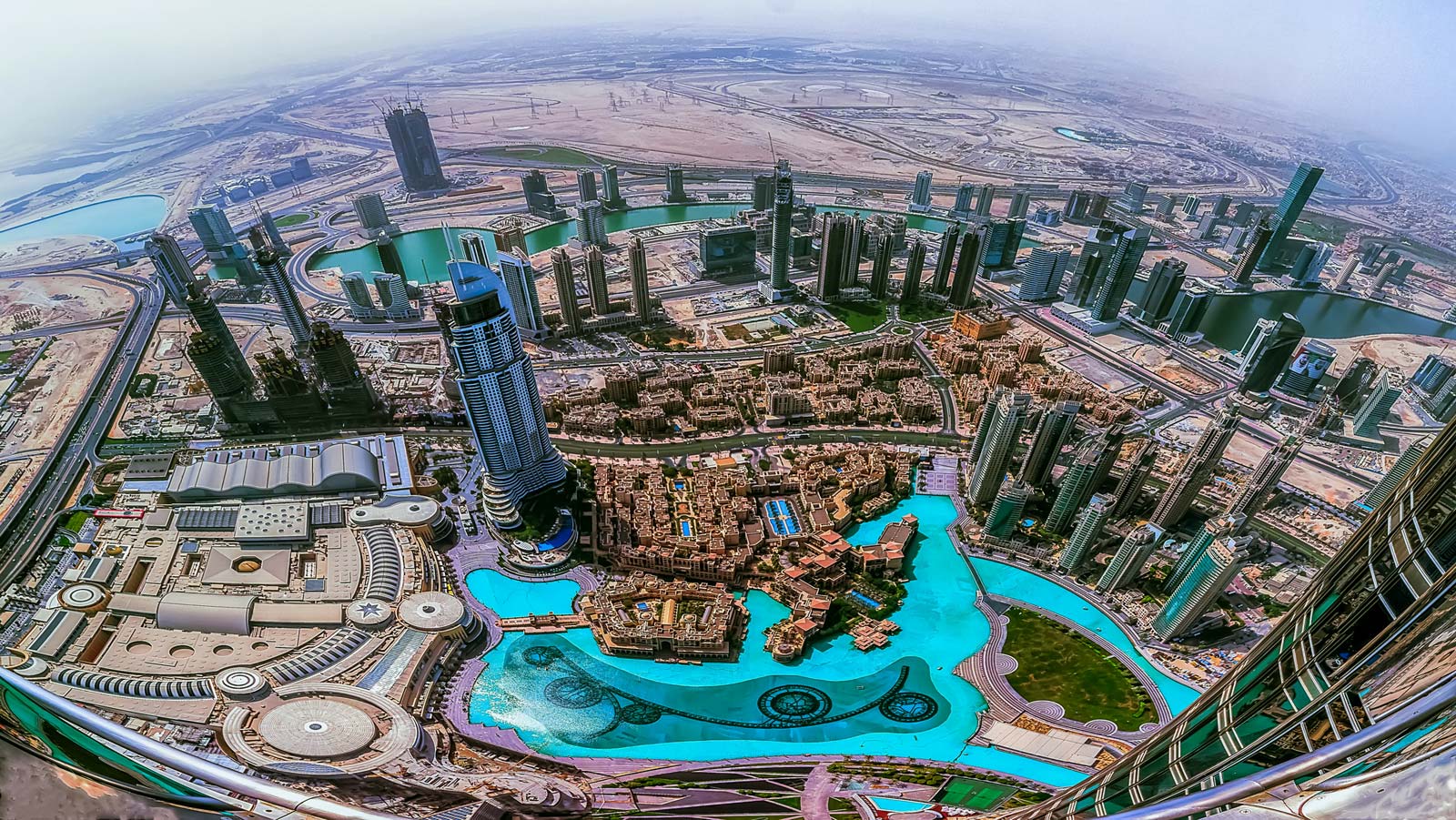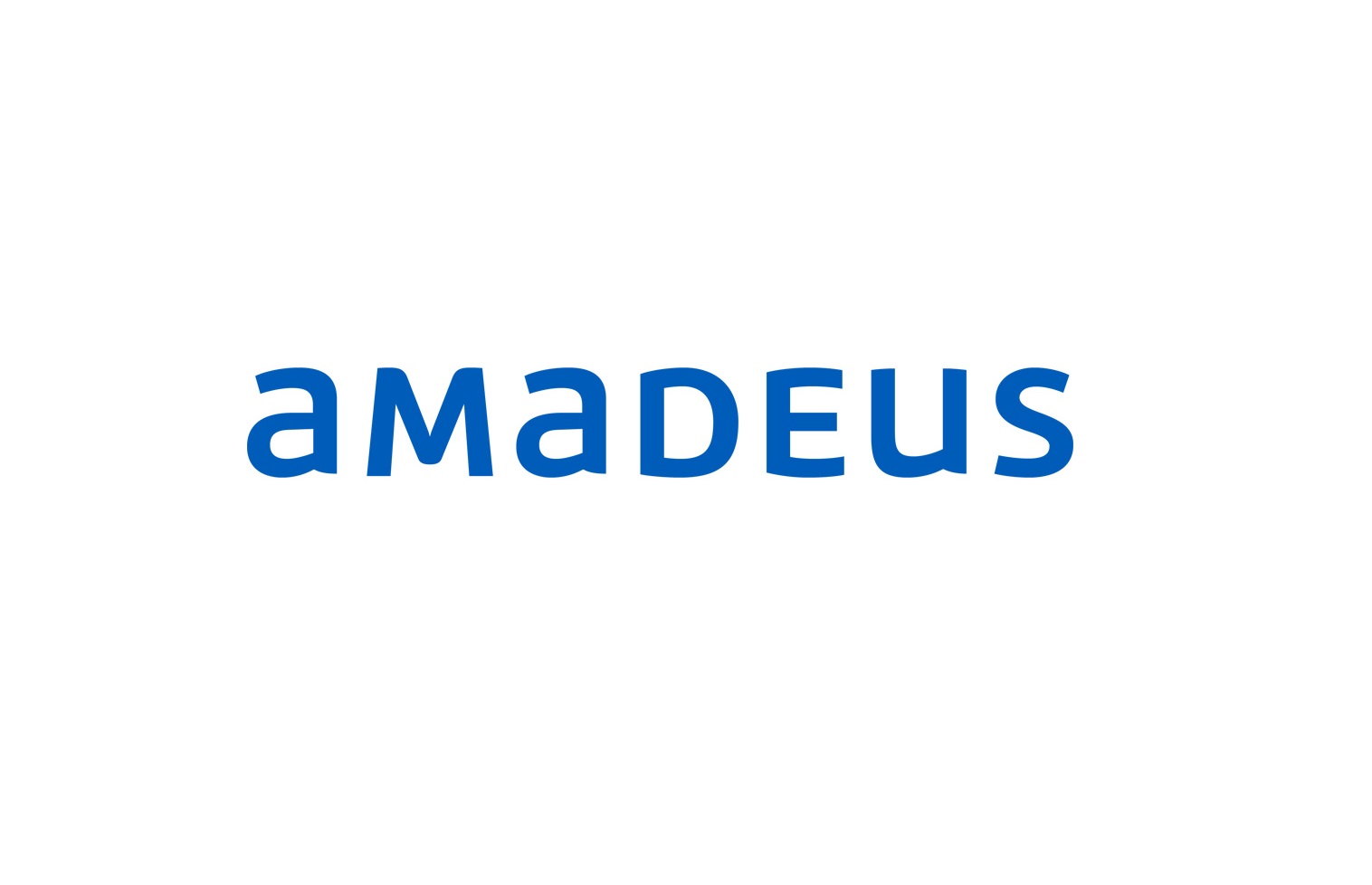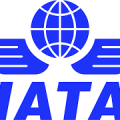At its Third Conference on Aviation and Alternative Fuels (CAAF/3) in Dubai last week, the International Civil Aviation Organization (ICAO) reaffirmed its dedication to industry-wide decarbonization, aiming to achieve net zero emissions by 2050. The organisation, along with its member states, adopted a new global framework focused on the acceptance of sustainable aviation fuel (SAF), lower carbon aviation fuels (LCAF), and other greener energy sources.
The agreed-upon goal is to reduce CO2 emissions in international aviation by 5 percent by 2030, compared with the non-use of these fuels. This initiative builds upon last year’s agreement at the ICAO Triennial Assembly, which established long-term industry goals of achieving net-zero carbon emissions by 2050 and encouraged increased investment in SAF production.
Salvatore Sciacchitano, President, ICAO Council, emphasised the role of the framework in facilitating the global development and deployment of SAF, LCAF, and other cleaner aviation energies. The framework aims to provide clarity, consistency, and predictability to stakeholders, including investors, governments, and others, ensuring equal opportunities for all countries to contribute to and benefit from the expansion in the production and use of these fuels.
Leaders in the business aviation industry also hailed the agreement, recognising the significance of accounting methodologies such as book-and-claim in stimulating the global marketplace. Book-and-claim involves a customer purchasing SAF and receiving environmental reporting benefits, even if the actual fuel is dispensed into another aircraft elsewhere.
Kurt Edwards, Director-General, International Business Aviation Council (IBAC), highlighted the CAAF/3 framework as a crucial tool for the global business aviation community to achieve net-zero carbon emissions by 2050. IBAC and the business aviation sector commit to collaborating with ICAO and governments to demonstrate how book-and-claim, utilising globally accepted accounting practices, can enable small operators worldwide to signal demand for SAF while ensuring environmental integrity.






